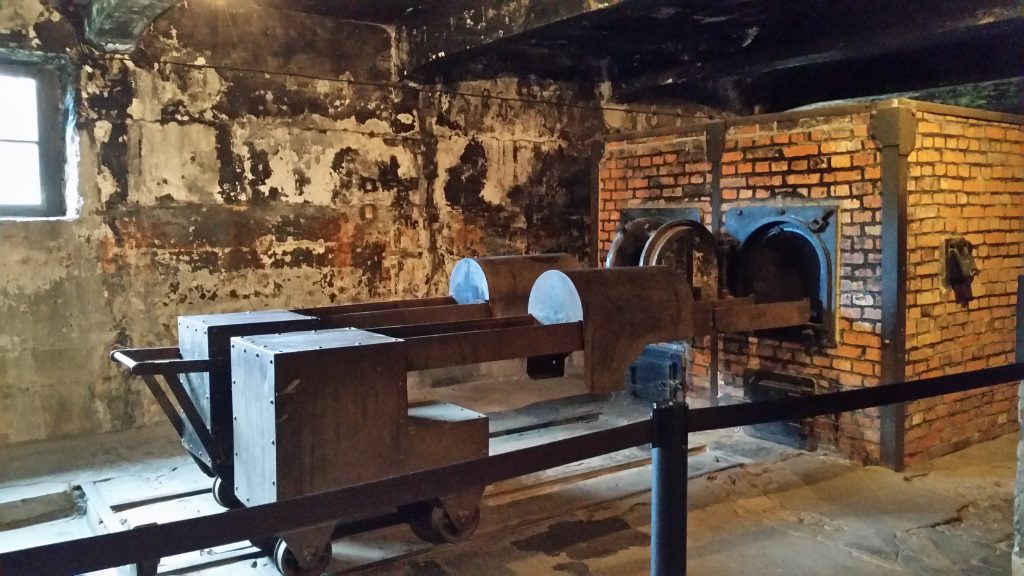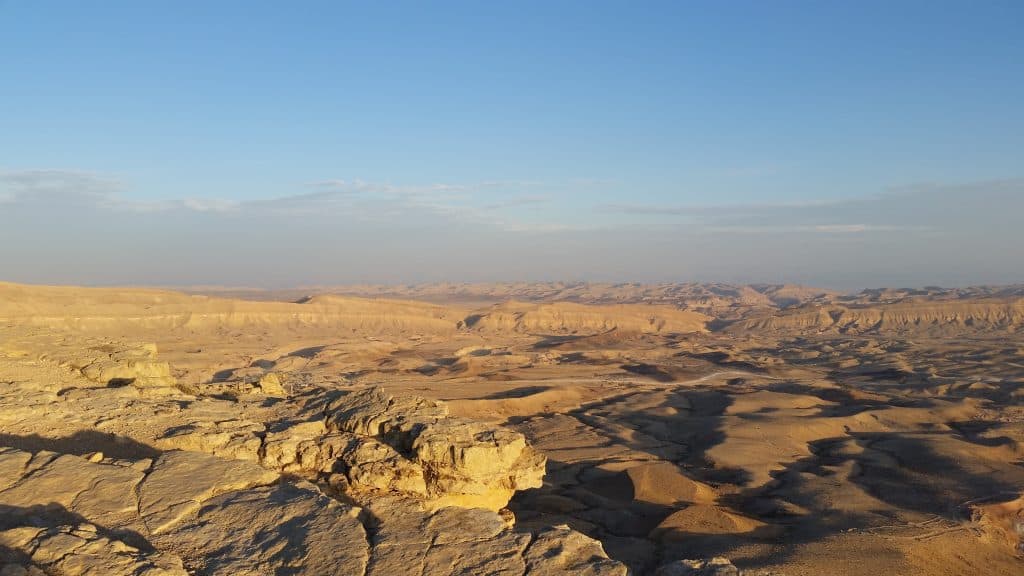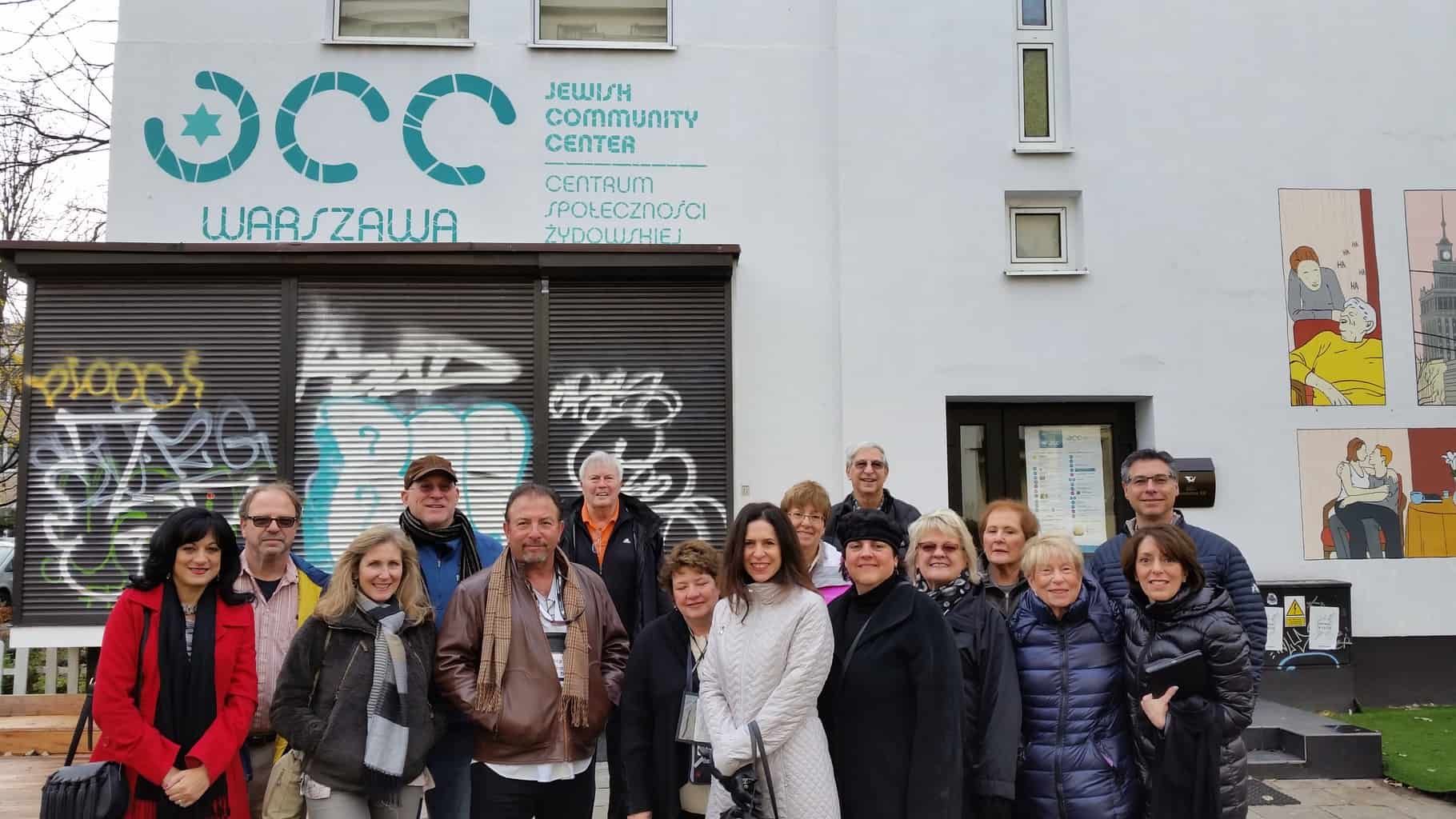The Memphis group returned last week from Poland and Israel, where they visited many historic sites and diverse communities, including the city of Shoham, Memphis’ newly-named Israeli partner city. The JCP/MJCC-sponsored trip connected the travelers to their Jewish history, taking them to important sites from the recent past. Here, our director of community impact, Bluma Zuckerbrot-Finkelstein, shares her thoughts on reintegrating into her ‘normal’ life after the profound experiences during the journey.
Final Reflections: Returning to Our Routines
I’ve been struggling with how to return to my life after the Poland experience. I am not the same person. How could I be? I stood in a gas chamber at Auschwitz. I saw bone fragments of Jews who were executed and cremated at Majdanek. I walked the streets of the Warsaw Ghetto. How can things ever be the same? And yet, all of us who went through this traumatic experience need to return to our lives, to re-integrate, to get back into the routine of daily living. How do we do that?
In many ways, we were like mourners. Like the mourner, we lit memorial candles, said the El Maleh Rachamim and recited Kaddish. Like the mourner who welcomes stories about his loved one, we learned about the lives that were lost, about the centuries-old vibrant and diverse Polish Jewish life that was brutally erased. Like the mourner, we were living in a parallel universe of pain and grief while everyone else went about their daily routines.
When you get up from sitting shiva, it is customary to take a walk around the block to mark your reintegration into society. I feel like we need some ceremony, some ritual, to mark our return from witnessing the destruction of European Jewry.
Over the years, I have heard from teens in our community upon returning from March of the Living or similar programs that they couldn’t speak about their experience. For the first few weeks, they could only talk to their peers with whom they had shared the experience. I completely understand that now. I find myself gravitating toward members of our community who have been to Poland. I don’t know how to answer the innocent and well-meaning question, “How was your trip?” Difficult. Painful. Meaningful. Those words don’t do it justice but what else is there to say?
 Spending time in Israel right after Poland was a good first step toward reintegration. The lost world of Polish Jewry is visible in today’s Jewish state – a diverse, intense, multi-cultural and vibrant Jewish society working around the clock to better itself, Jewish communities abroad, and the world. No matter how much you think you appreciate the need for and the value of an independent Jewish state, there is nothing like landing in Israel from Poland (via Berlin, Germany!).
Spending time in Israel right after Poland was a good first step toward reintegration. The lost world of Polish Jewry is visible in today’s Jewish state – a diverse, intense, multi-cultural and vibrant Jewish society working around the clock to better itself, Jewish communities abroad, and the world. No matter how much you think you appreciate the need for and the value of an independent Jewish state, there is nothing like landing in Israel from Poland (via Berlin, Germany!).
So, how do we move forward after this encounter? We have to find ways to channel the experience into our daily lives. We have to strengthen our activities on behalf of the Jewish people, here, in Israel and all over the world.
Like the mourner whose raw pain dissipates with time, I know that I will stop waking up in the middle of the night with images of gas chambers and crematoria. But also like the mourner, there will always be a hole, a void. And, I don’t want the trauma to completely disappear. However painful it is, I want, I need, the experience to stay with me, to inform my world-view, to help me keep perspective on the larger picture and not to get bogged down, clouded or distracted by the details.
